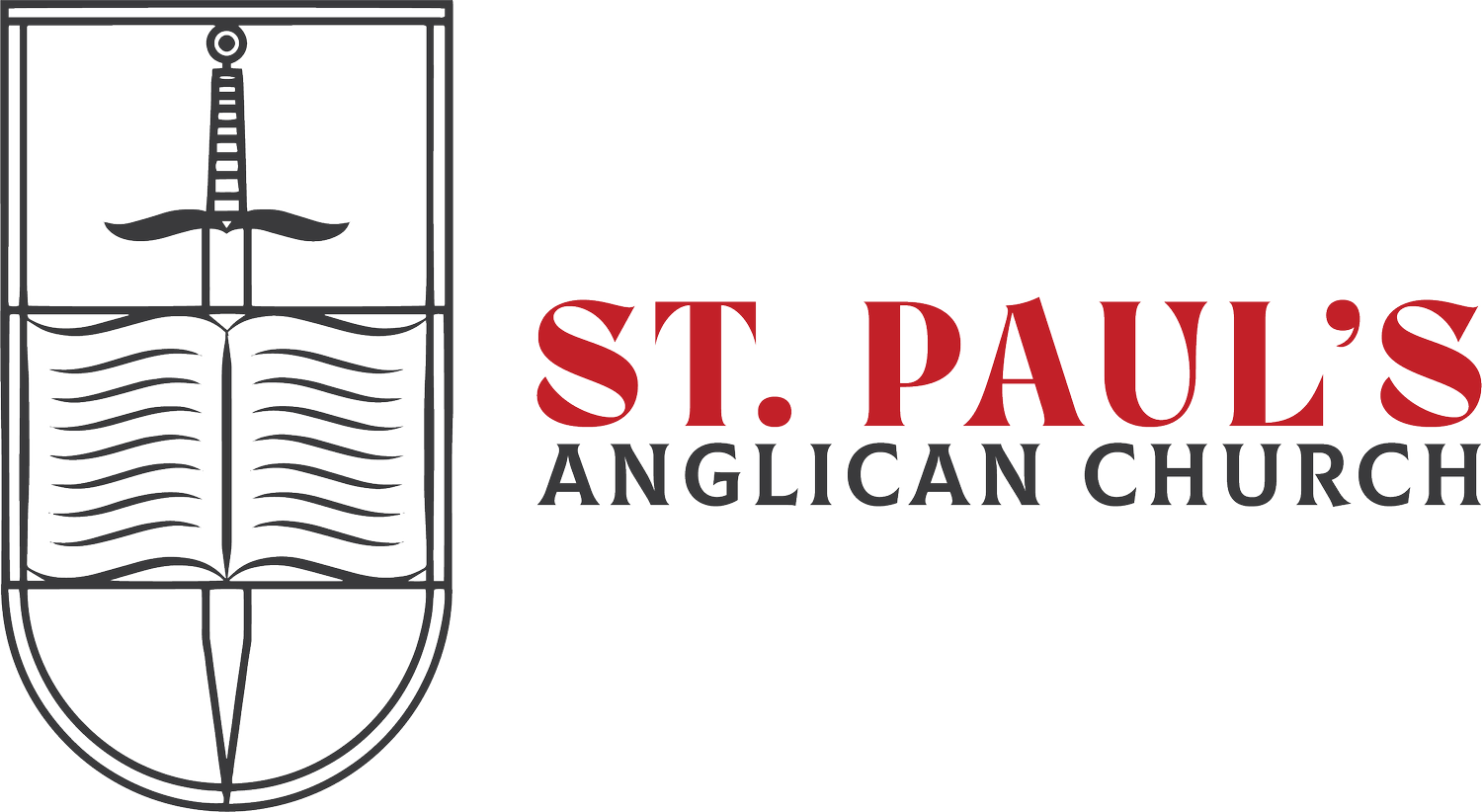Reflections: The Foundation, Purpose, and Ministry of the Church
Given that we are heading into “Ordinary Time,” we will use the next few weeks of this newsletter to talk a little bit about the Church and our place in it.
The Church is not another social club, political organization, or affinity-based organization. Rather, the Church is a divinely instituted and sustained organism, the Body of Christ which is made up of “the blessed company of all faithful people” (BCP 83). The Church was founded by Jesus. Some people say the Church was brought into existence on Pentecost (Acts 2) or born from the blood and water that poured from Jesus’ side on the Cross (John 19:34). Chronologically, either of these options may be true; however, there is a sense in which, just as Jesus has always existed and presents the offering of himself to the Father outside of time, we may say that the Church has always existed. The Church, as the Body of Christ, brings the beautiful salve of Christ’s Sacrifice to all. Just as the Good Samaritan brought the beaten and bruised man to an inn to be healed, so our Lord brings us to the Church that we might be healed from the injuries of sin by his saving grace, imparted to us via the proclamation of the Gospel and administration of the Sacraments.
It is a good thing that God established the Church and not humans. Human institutions come and go; but, the divine origin of the Church guarantees that “that gates of hell shall not prevail against it” (Matt 16:18). This doesn’t stop Satan from trying—divisions and schisms, abuse, and corruption are present in the Church in ways that distract us from our essential mission and identity. The Church is a divine institution inhabited by sinful, messy humans. No matter what, however, we can rest in the reality that the Church is a Kingdom ruled ultimately by Christ. In spite of our “unhappy divisions” (see “For the Unity of God’s People,” BCP 37-38), we can trust that God will be faithful to his Church.
Anglican priest and theologian Martin Thornton once described the world as a beautiful garden planted for the glory of God and watered by God’s grace. Unfortunately, because of sin, the garden couldn’t be watered properly, being subjected to floods and droughts. The Incarnation, and by extension, the Church, act as a hose to irrigate the garden, funneling grace into a world that desperately needs it. The Church is a Remnant of faithful people that vicariously offers prayer for the world.
According to Anglican theologian Vernon Staley, the purpose of the Church is threefold: (1) it is the sphere of grace; (2) it is the home of truth; and (3) it is the ark of safety.
The Church is the sphere of grace because it is the place where the Gospel is proclaimed and the sacraments duly administered. These are necessary because without them, we cannot know, love, or serve the Lord. Grace elevates us out of a “state of nature” and into a “state of grace.” Jesus tells us that, “I am the vine, ye are the branches” (John 15:5). The branches cannot live unless they’re connected to a vine that pumps life into them. This is the relationship the Church has with our Lord: without him, “there is no health in us” (BCP 6). To be a Christian is to be a member of the Church and to be a part of the Church is to be unified to Our Lord.
The Church is the home of truth because it is where we find a sure and trustworthy testimony to the self-disclosure of God. The Church perpetually testifies to God as revealed in Christ because it is led by the Holy Spirit (cf. John 16:13). There are multiple ways the truth is preserved and passed on. The first is through the canonical Scriptures. The Church not only canonized and preserved these texts, but also interprets them. Another way the Church preserves truth is through the rulings of the Seven Ecumenical Councils of the undivided Church and the Apostles’, Nicene, and Athanasian Creeds. In these decisions, the Church offers us a way of talking about God within the bounds of orthodoxy which is not at all a purely academic exercise, but rather one that aids us in becoming a people of prayer.
Finally, the Church is the ark of safety because it is how we have assurance that we are recipients of God’s grace. While we leave those outside the Church to the mercy of God through our prayers for them, we can rest in the knowledge that grace is imparted to us in the Sacraments and that truth is dispensed in the teachings of the Church. We are never safer than when we are in the Church.
The Collect for the Church (BCP 37):
O Gracious Father, we humbly beseech thee for thy holy Catholic Church; that thou wouldest be pleased to fill it with all truth, in all peace. Where it is corrupt, purify it; where it is in error, direct it; where in any thing it is amiss, reform it. Where it is right, establish it; where it is in want, provide for it; where it is divided, reunite it; for the sake of him who died and rose again, and ever liveth to make intercession for us, Jesus Christ, thy Son, our Lord. Amen.

